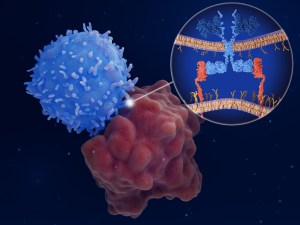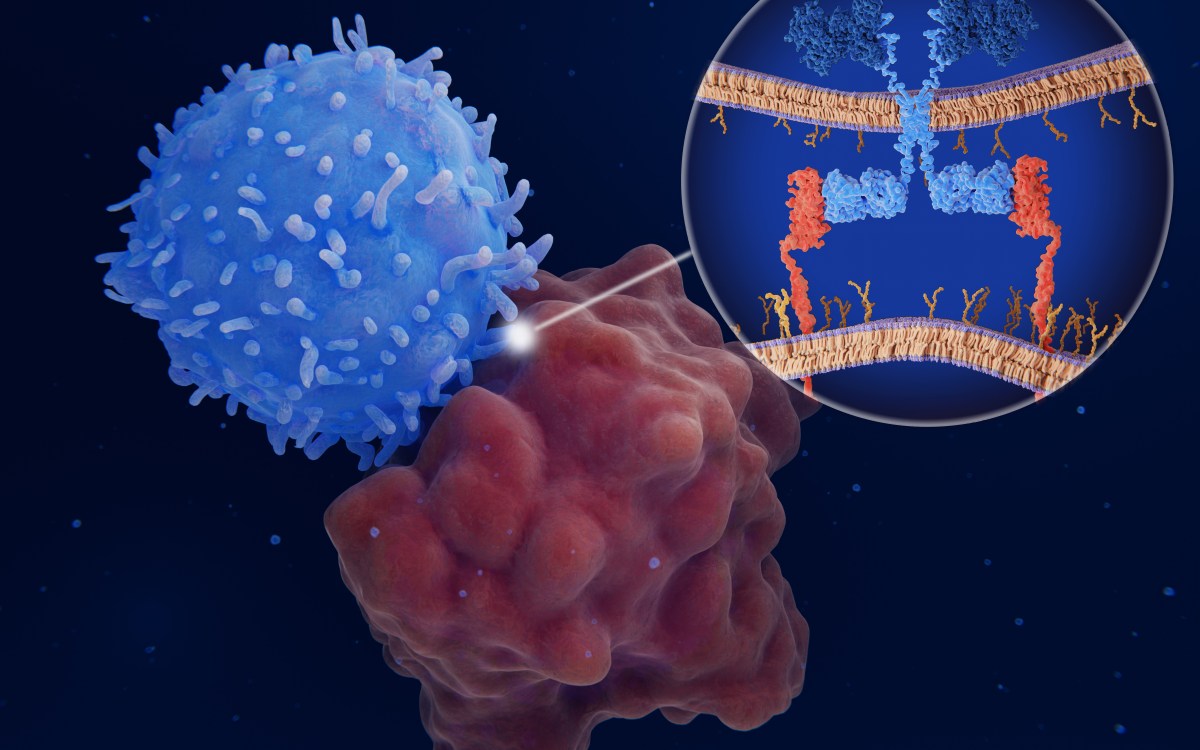Depression linked to previously unknown dopamine regulator
Li-Huei Tsai, Harvard Medical School (HMS) professor of pathology, HMS research fellow Sang Ki Park, and colleagues worked with mice and found a novel function for the molecule Par-4 (prostate apoptosis response 4) as a binding partner for dopamine receptor D2. When mice deficient in Par-4 were subjected to stress, they showed depression-like behaviors, proposing Par-4-as a molecular link between dopamine signaling and depression. Par-4 was previously implicated as a proapoptotic factor in neurodegenerative diseases such as Alzheimer’s disease. These new findings reveal an unexpected role for Par-4 in the dopamine system and present a rare glimpse of molecular mechanisms behind clinical depression.
Although the cause of depression is multifaceted, a hypothesis based on deficiency or imbalance of serotonin and/or noradrenaline as the root of depression has been a central topic of research. Drugs that currently treat depression have significant delays before becoming effective, and many people are resistant to the current therapies.
The brain’s mood, reward, and motivation circuits are mainly governed by dopamine and have been regarded as potential targets for treating depression. Many of these functions are integrated by the medium spiny neurons of the striatum, which respond to dopamine. Dopamine exerts its function in target cells through five known subtypes of dopamine receptors. Impairment in the function of dopamine D2 receptor is implicated in various neuropsychiatric disorders.





